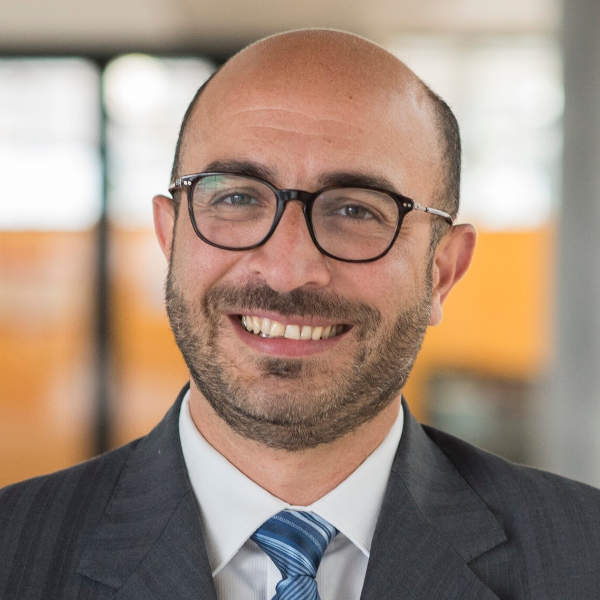It is often said that family businesses go from “shirtsleeves to shirtsleeves in three generations”, with previous research by PwC showing that wealth transfers to the third generation are successful in only 12 per cent of cases1. In other words, in almost 90 per cent of cases, wealth usually dissipates after the second generation. Given this, it is hardly surprising that families are increasingly focused on safeguarding their wealth against volatility and uncertainty. Against the backdrop of heightened geopolitical tensions and fluctuating market conditions, they are relying on the steadying hand of trusted advisors to preserve and grow their wealth.
The Family Barometer is our authoritative annual survey that monitors the shifting opinions of financial services experts who work with and advise wealthy clients. For the 2024 edition, in collaboration with Julius Baer, we canvassed more than 1800 internal and external experts from Europe, Asia, the Middle East, and Latin America. Thanks to increased participation in the Middle East and Latin America, this year’s survey was more globally balanced than ever before.

Download the full report
“Advising clients today requires a nuanced understanding of global tax trends. Navigating this complexity demands foresight, agility, and a deep commitment to protecting client wealth.”
Jürg Niederbacher,Partner, Leader Private Clients & Family Offices, PwC Switzerland
Key findings 2024’s top five discussion topics
In our fifth edition, here’s what the experts had to say about their top five topics beyond investments, ranked in order of importance:

“In a world of shifting political tides, wealthy families must continuously adapt their strategies, not just to protect their assets, but to ensure their legacy endures across generations.”
Lisa Cornwell,Partner, Private Clients & Family Offices, PwC SwitzerlandCollaboration The Julius Baer Family Barometer, in collaboration with PwC
The Julius Baer Family Barometer is our yearly global survey to gather the opinions of experts who work with and advise wealthy clients and their families. Once a family-owned bank, Julius Baer has ensured that family stays in their DNA. This year, Julius Baer collaborate with PwC Switzerland and its global network of firms to enable more relevant insights and share common views. In 2024, we surveyed in-house and external experts who shared their insights. Find out more about Julius Baer.
“The integration of digital channels and AI is empowering clients with the flexibility to manage their wealth on their own terms – anytime, anywhere – enhancing their overall experience and control.”
Patrick Akiki,Partner, Financial Services Market Leader, PwC Switzerland
Download the full report
1 Julius Baer Global Families report, ‘Building on solid ground’, 2020
2 The Williams Group: 25-year study of 3250 families
Contact us
Jürg Niederbacher
Lisa Cornwell





